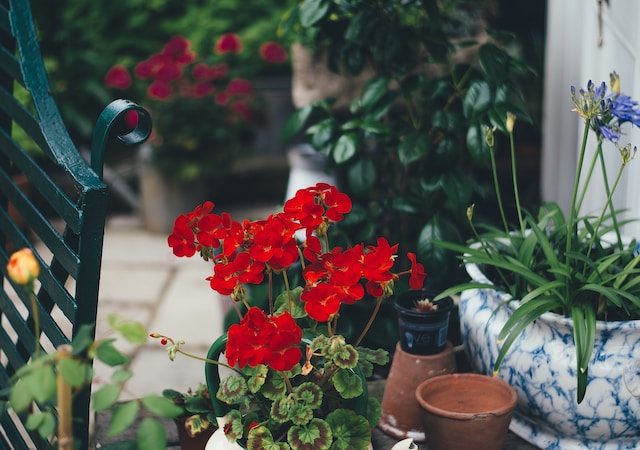Introduction: In recent years, there has been a growing awareness of the importance of sustainable practices in all aspects of our lives. Gardening is no exception. Sustainable gardening focuses on reducing waste, conserving resources, and improving soil health. By adopting eco-friendly practices, we can create beautiful gardens while minimizing our impact on the environment. In
Introduction:
In recent years, there has been a growing awareness of the importance of sustainable practices in all aspects of our lives. Gardening is no exception. Sustainable gardening focuses on reducing waste, conserving resources, and improving soil health. By adopting eco-friendly practices, we can create beautiful gardens while minimizing our impact on the environment. In this article, we will explore some key strategies for sustainable gardening.
1. Composting:
Composting is a fundamental practice in sustainable gardening. It involves recycling organic waste, such as kitchen scraps, yard trimmings, and fallen leaves, into nutrient-rich compost. Compost not only reduces waste that would otherwise end up in landfills but also improves soil structure and fertility. By adding compost to your garden beds, you can enhance water retention, promote beneficial microbial activity, and reduce the need for synthetic fertilizers.
2. Water Conservation:
Conserving water is crucial for sustainable gardening, especially in regions prone to drought. One effective way to reduce water usage is through the use of mulch. Applying a layer of organic mulch, such as wood chips or straw, around plants helps retain moisture in the soil, reducing the need for frequent watering. Additionally, installing a rainwater harvesting system allows you to collect and store rainwater for later use in the garden.
3. Native Plants:
Choosing native plants for your garden is another eco-friendly practice. Native plants are adapted to the local climate and require less water, fertilizer, and pesticides compared to non-native species. They also provide habitat and food for local wildlife, contributing to biodiversity conservation. By incorporating native plants into your garden, you can create a sustainable and resilient ecosystem.
4. Integrated Pest Management (IPM):
Integrated Pest Management is a holistic approach to pest control that minimizes the use of harmful chemicals. Instead of relying solely on pesticides, IPM focuses on prevention, monitoring, and the use of natural pest control methods. This includes techniques such as crop rotation, companion planting, and attracting beneficial insects. By implementing IPM strategies, you can effectively manage pests while minimizing harm to beneficial insects and the environment.
5. Organic Gardening:
Opting for organic gardening practices is another essential aspect of sustainable gardening. Organic gardening avoids the use of synthetic fertilizers, pesticides, and genetically modified organisms (GMOs). Instead, it relies on natural methods and products, such as compost, organic fertilizers, and biological pest control. Organic gardening promotes soil health, biodiversity, and the overall well-being of the garden ecosystem.
Conclusion:
Sustainable gardening is a rewarding and environmentally responsible way to create beautiful gardens. By adopting eco-friendly practices such as composting, water conservation, native plant selection, integrated pest management, and organic gardening, we can reduce waste, conserve resources, and improve soil health. These practices not only benefit our gardens but also contribute to the larger goal of building a sustainable future. So, let’s embrace sustainable gardening and make a positive impact on our environment, one garden at a time.

















Leave a Comment
Your email address will not be published. Required fields are marked with *